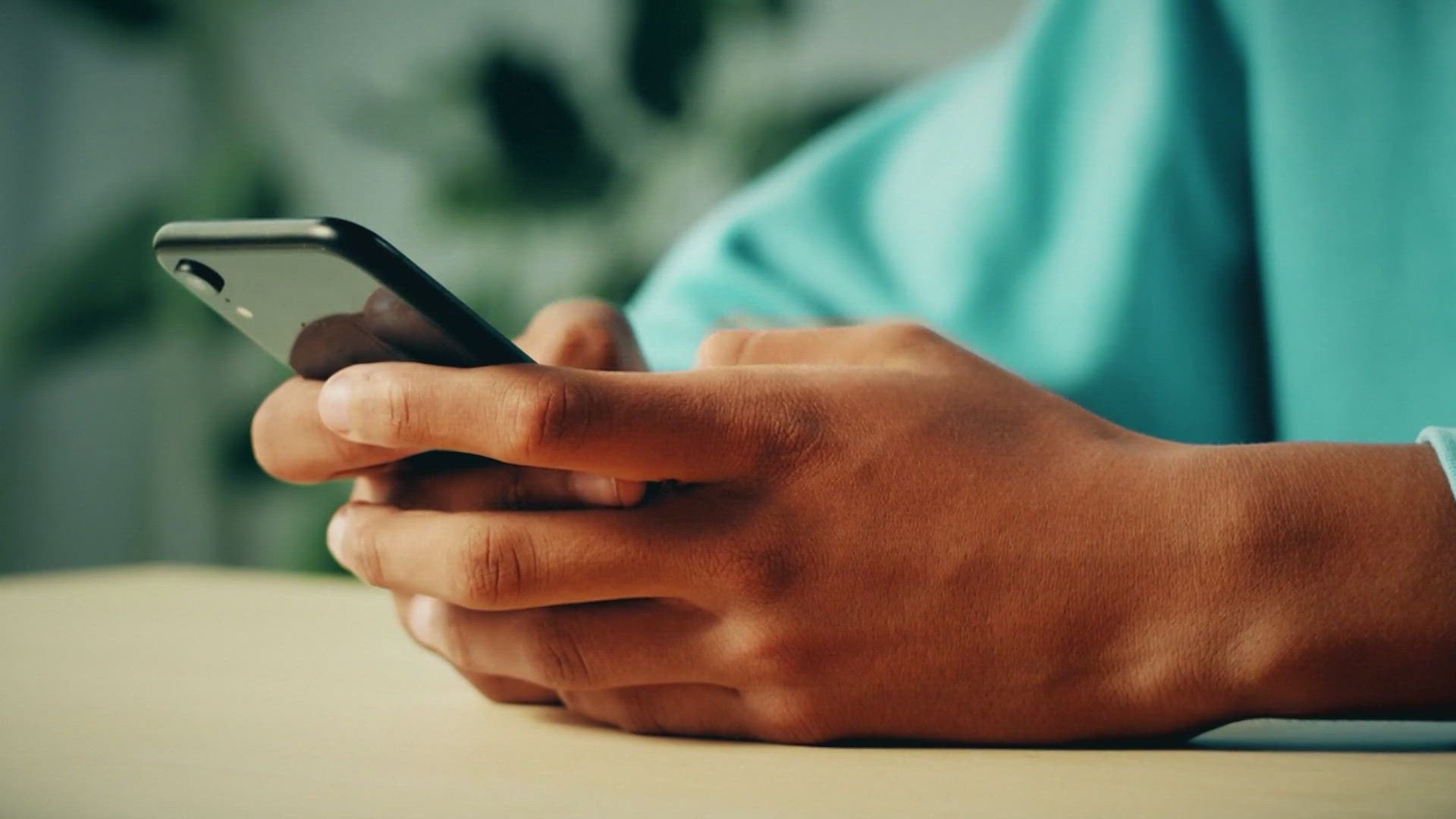OLYMPIA, Wash. — As students prepare to return to the classroom, the Office of Superintendent of Public Instruction (OSPI) published new guidance Wednesday, advocating for Washington school leaders to update cellphone policies by the start of next school year.
OSPI is encouraging schools to implement uniform, school-wide policies instead of relying on individual educators to adopt their cellphone policies by the 2025-26 school year. State Superintendent Chris Reykdal said this would create consistent expectations for students, staff and families.
“Reducing the use of cellphones in class improves concentration and learning, improves mental and physical health, and reduces pressures caused by social media,” Reykdal said.
In the guidance, OSPI said districts should consider exceptions to school-wide policy when an educator is using devices as part of a lesson plan.
According to the new guidance, OSPI said school policies must not prohibit students with disabilities from using a device to support their learning. Their Individualized Education Program (IEP) is instructed to find instances in which devices fit in the curriculum, according to OSPI.
“We know that students succeed when they can focus on learning,” said Larry Delaney, Washington Education Association president. “These policies provide educators with support to create better learning environments and is a step forward in creating safer and healthier schools for our students.”
North Thurston Public Schools announced this month all students in the district will be required to turn off their phones at the start of the school day and leave them off until the end of classes.
The district imposed this policy on its middle school students last year and expanded it to high schoolers when classes start in September. Elementary school students are not allowed to use cellphones on campus, according to district policy.
The district said phones must be shut down and smartwatches have to be put in airplane mode for the entire school day under the "off and away all day" expectation. Parents with emergencies will need to call the front offices.
According to a 2022 study by the Pew Research Center, 95% of teenagers have a smartphone, compared to 73% in 2014–15.
OSPI's brief mentioned a 2024 survey that found 79% of educators who teach in schools that allow cellphones find it to be "very disruptive." The survey indicated that 90% of educators would support policies that restricted students’ use of cellphones during instructional time.
The agency believes cellphone policies are most effective when used alongside other strategies to support student mental health.
“Our challenge to school leaders to revise their cell phone policies is part of a broader strategy to support our students’ mental health and prepare them for success in our digital world,” Reykdal said.
In the new guidance, OSPI said it is working to incorporate media literacy and digital citizenship in the state's learning standards for English language arts. Students are also learning "safe and ethical ways" to use artificial intelligence to support their learning, OSPI said in a release.

